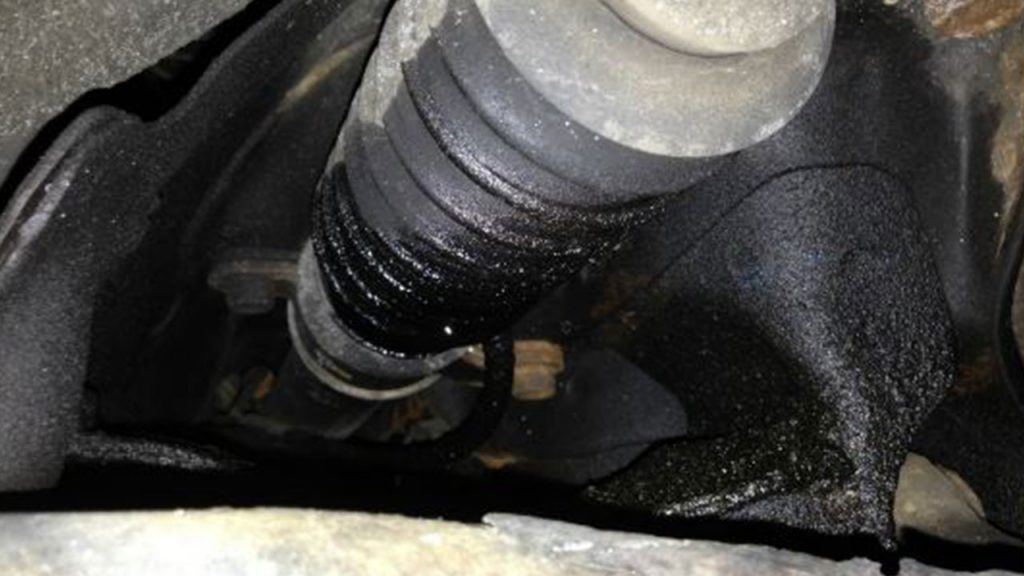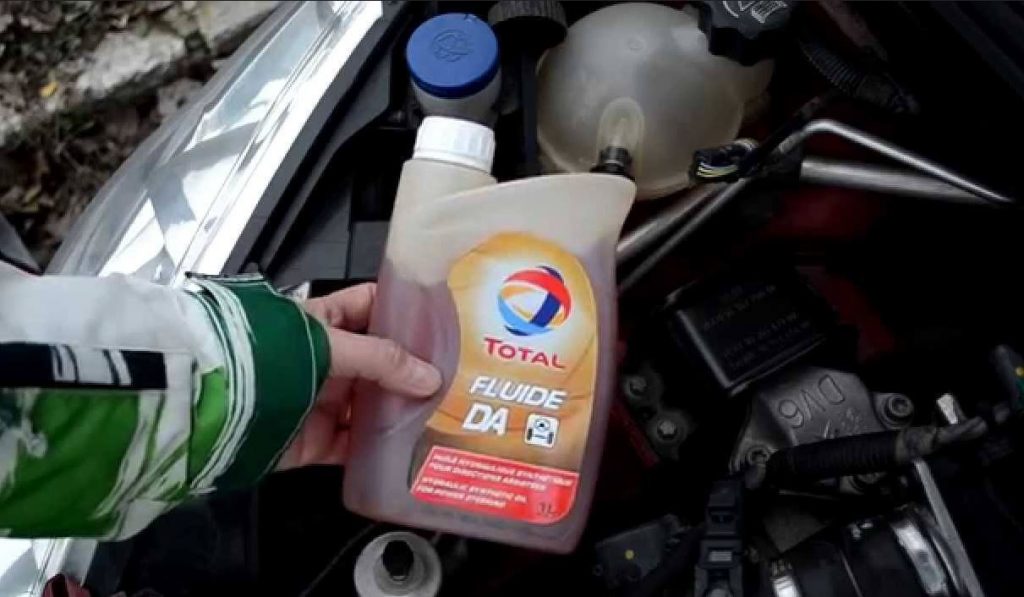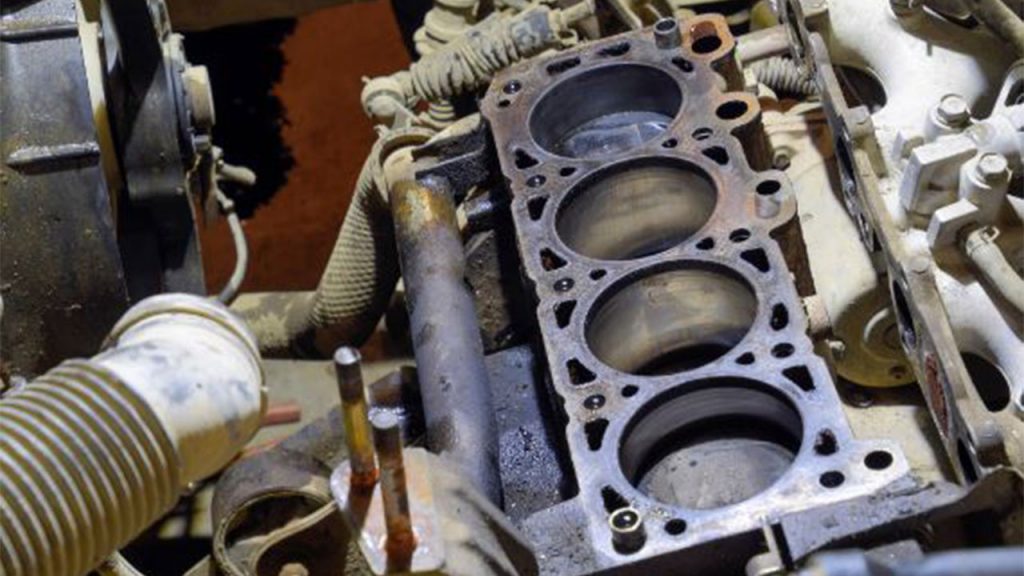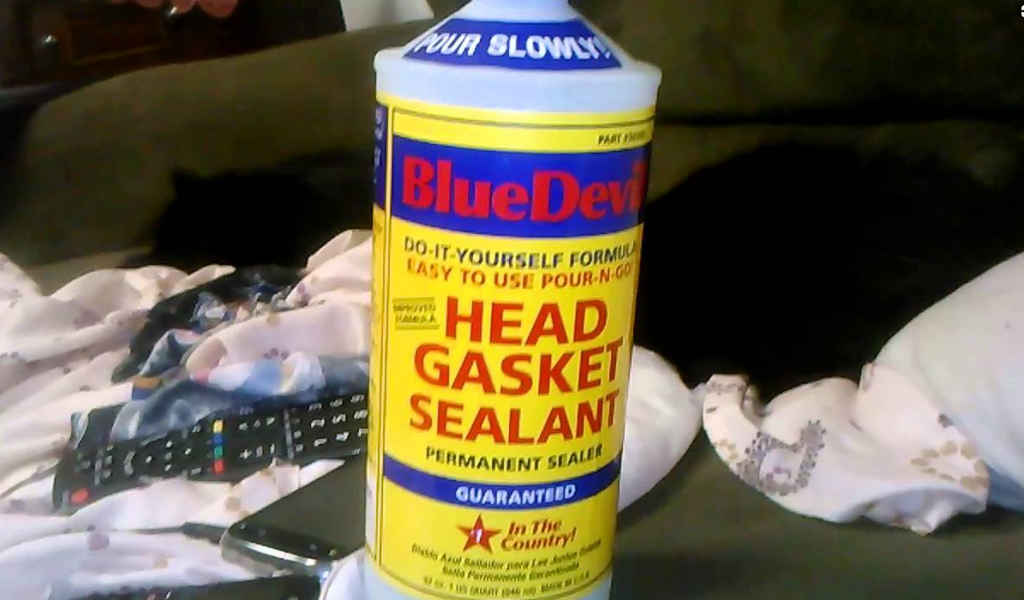Last updated on December 20th, 2023 at 03:48 am

There are some factors that cause Lexus check engine light to come on and this article will about all that. And even discuss the some of the reason most like experience a LEXUS CHECK ENGINE LIGHT FLASHING.
Read this Also:
- 10W40 VS 5W40 WHICH ONE IS BETTER FOR YOUR CAR
- Can I Drive My Car With Engine Management Light On
- Does Lexus Require Premium Gas|Lexus RX 350 Regular or Premium Gas
- Why is My Check Engine Light Flashing And Car Shaking
CHECK ENGINE LIGHT FLASHING CAR SHAKING LEXUS
Faulty Spark Plug
One of the most common problems that trigger check engine light on Lexus vehicles is a faulty spark plug that no longer fires. Spark plugs need to be replaced from time to time because they are wear and tear items. The replacement of spark plugs should be according to the recommendation in the owner’s manual, typically 120,000 miles for newer models equipped with Platinum or Iridium Spark plugs.
However, in cases of older Lexus vehicles that were equipped with copper spark plugs, you have to be replaced every 30,000 miles.
Loose Gap Cap
A loose gas cap is yet another reason Lexus check engine light comes on. The gas cap is a major part of your Lexus fuel delivery system. If it is loose, it could lead to gasoline fuels leaving the tank. If the Check Engine light turns on as soon as you fill up your tank, this is an ideal place to check first. It may just require a bit of tightening in some cases.
Ignition Coils
Ignition coils can generate electricity for the spark plugs. Older Lexus models only have one ignition pack while newer models have one ignition coil per cylinder. Anything that goes wrong with the ignition coils will certainly trigger the check engine light along with codes such as P0300, P0301, P0302, P0303, P0304.
Remember that for diesel Lexus such as LX450 V8 diesel, this problem will not apply since it doesn’t have ignition coils.
Oil Sludge
Oil sludge is caused by a blocked crankcase ventilation valve (PVC valve), and this is a serious problem that affects most cars made in the 2000s. This can lead to various issues ranging from high oil consumption, rough idle or a ‘check engine’ light, and even to a complete engine failure at highway speeds. When this occurs, you will notice blue smoke on when you start your car or during acceleration. You will also notice yellow gunk on the oil filler cap.
VVT System Malfunction
Most Lexus engines are designed with variable intake manifolds, which are more complex. This additional intricacy makes them more susceptible to intake leaks, resulting in a lean running engine. Symptoms of this may include hesitation on accelerations and rough idle. This can also be caused by a dirty MAF sensor which can lead to false air quantity readings.
The VVT system may breakdown due to different factors including a defective Oil Control Valve (OCV) solenoid, dirty or low engine oil, a problem with the valve timing or a problem with the VVT controller assembly.
If Lexus VSC light coming on is caused by VVT problems you may get fault codes like P1354, P1349, P1351 which can cause your engine to idle rough and feel underpowered.
When this occurs, you may have to clean the VVT valves, replace the cam sensors, and replace the OCV solenoid.
Catalytic Converter
The converter under-heating is one common problem on Lexus vehicles. Many people who have vehicles from the Lexus’ LX have reported this matter. They discovered that the converter appeared to be working fine but the sensor didn’t report this. Catalytic converters can begin to clog up too if the car has over 150,000 miles.
Oxygen Sensor
You may have a ‘check engine’ light caused by an emission control-related problems if you have a high-mileage Lexus. Stored codes will typically point to a catalytic converter low efficiency, but it is easily likely that you have a faulty downstream o2 sensor. Ensure to rule this out before changing much more costly catalytic converter.
The failure of the oxygen sensor (O2) may cause the check engine light to come on. A common fault code triggered by a bad Lexus oxygen sensor is P1150, P1133, P1153 linked to AF Sensor, meaning the circuit for the heater element of the O2 sensor is faulty. The oxygen sensor will need to be replaced in order to fix this problem.
Idle air control valve
Older Lexus models that are designed with a cable operated throttle can often experience issues from rough idle and hesitation when accelerating from idle. The issue usually lays within the idle air control valve, which gets congested by dirt, oil or carbon build-up.
Lexus Check Engine Light Flashing | check engine light flashing car shaking lexus
Lexus check engine light will start to flash if one or more of the cylinders if no longer working properly. This could be caused due to bad spark plugs, a fuel injector is defective, a mass airflow sensor, blown head gasket, fuel issue, clogged catalytic converter. flashing Lexus check engine light means that there is an engine misfire which is a serious issue and needs to be addressed immediately. Think of the flashing light as a warning sign that you need to take immediate action to figure out what the cause is and fix it.












